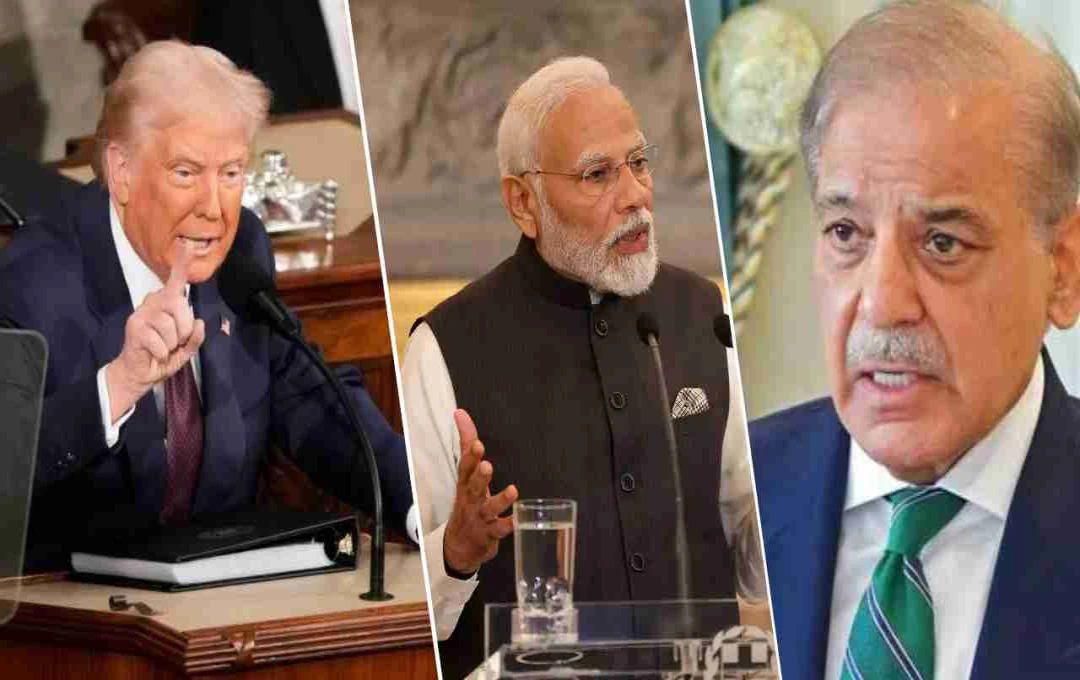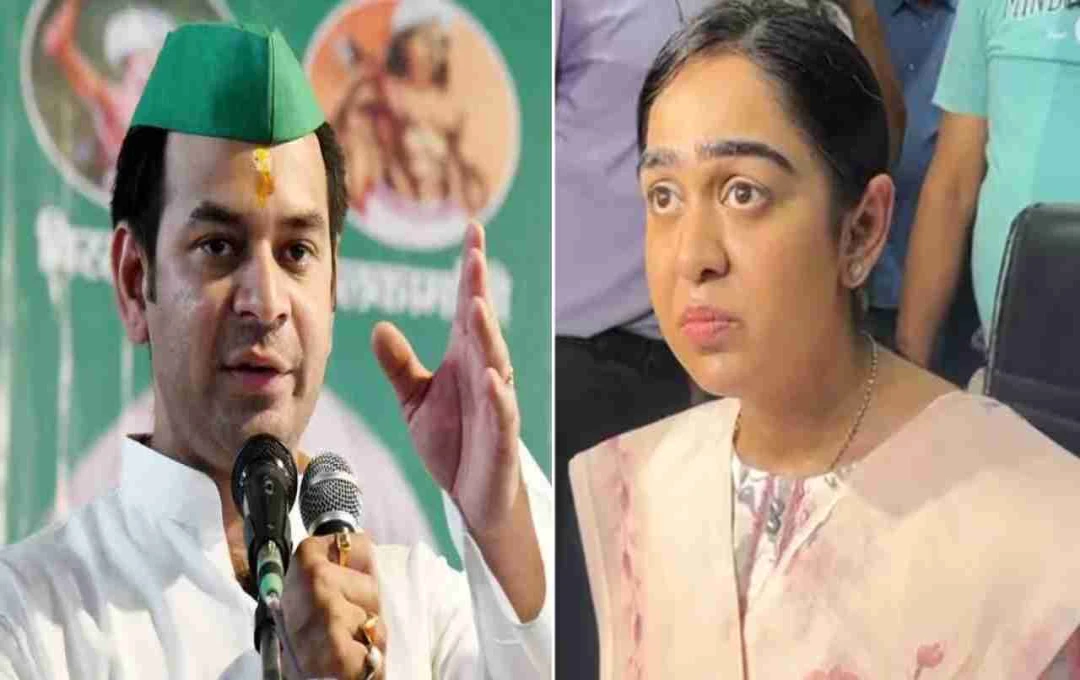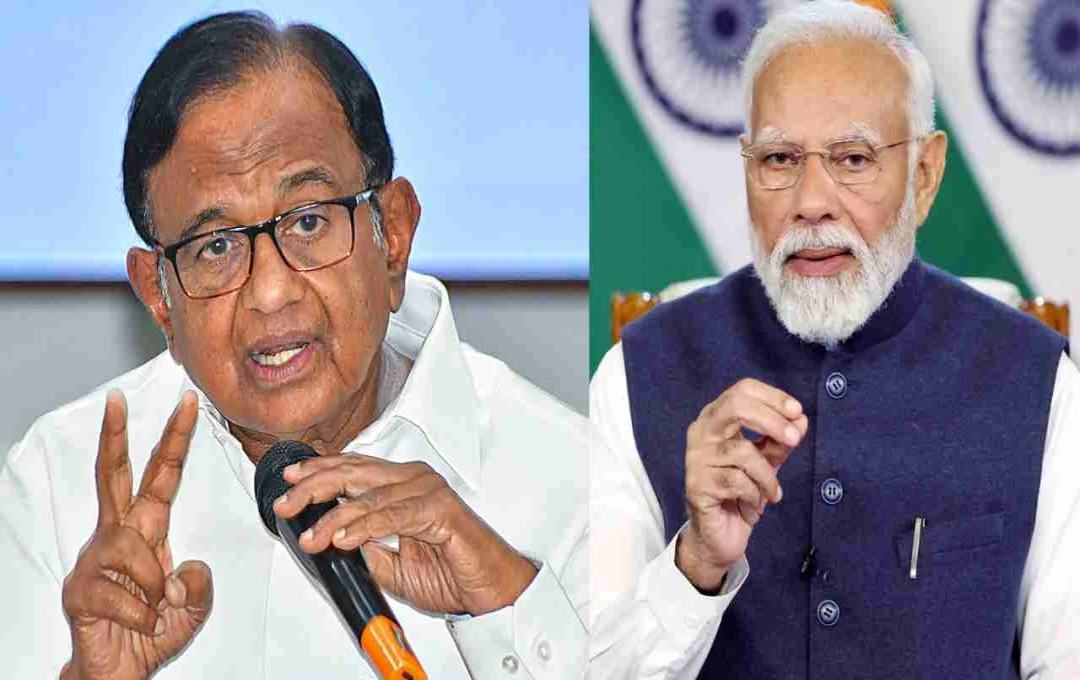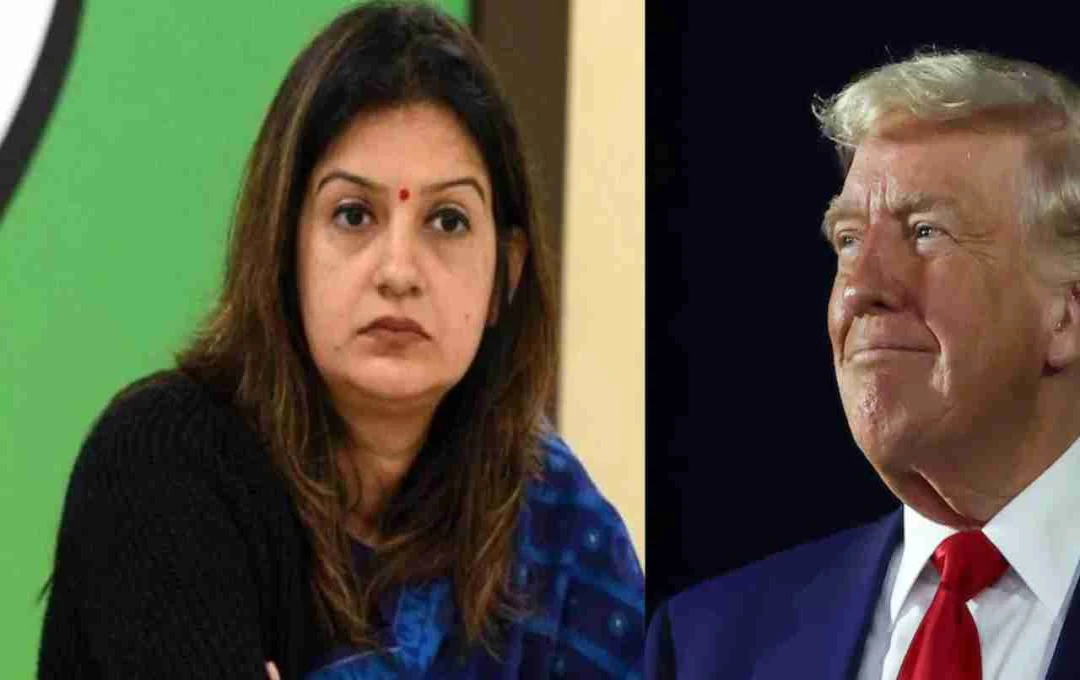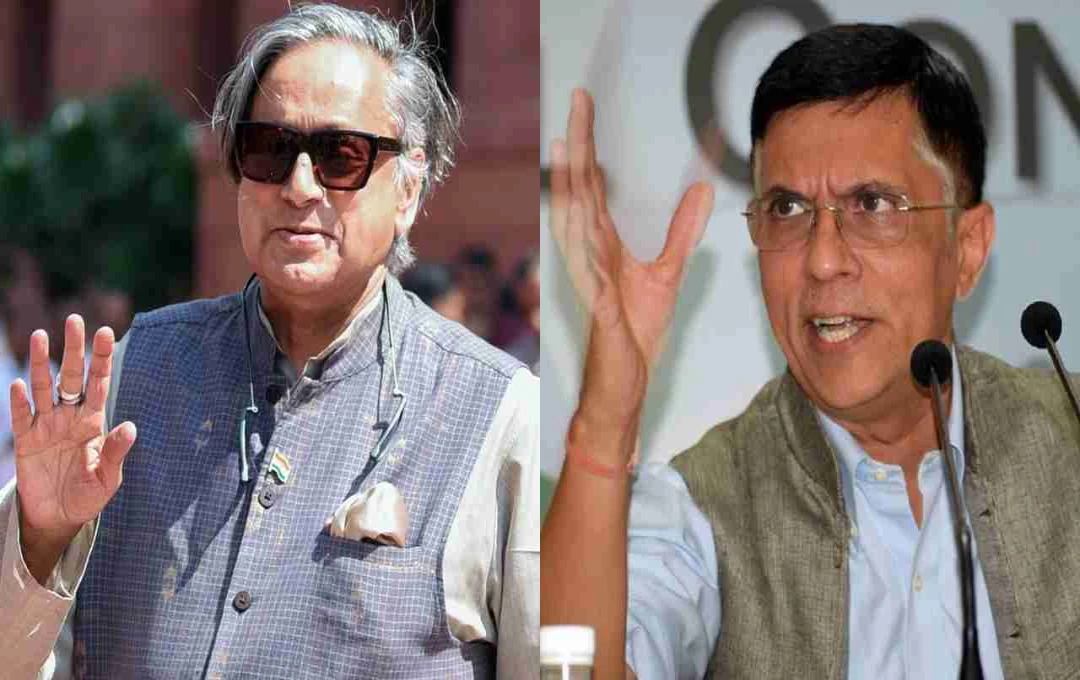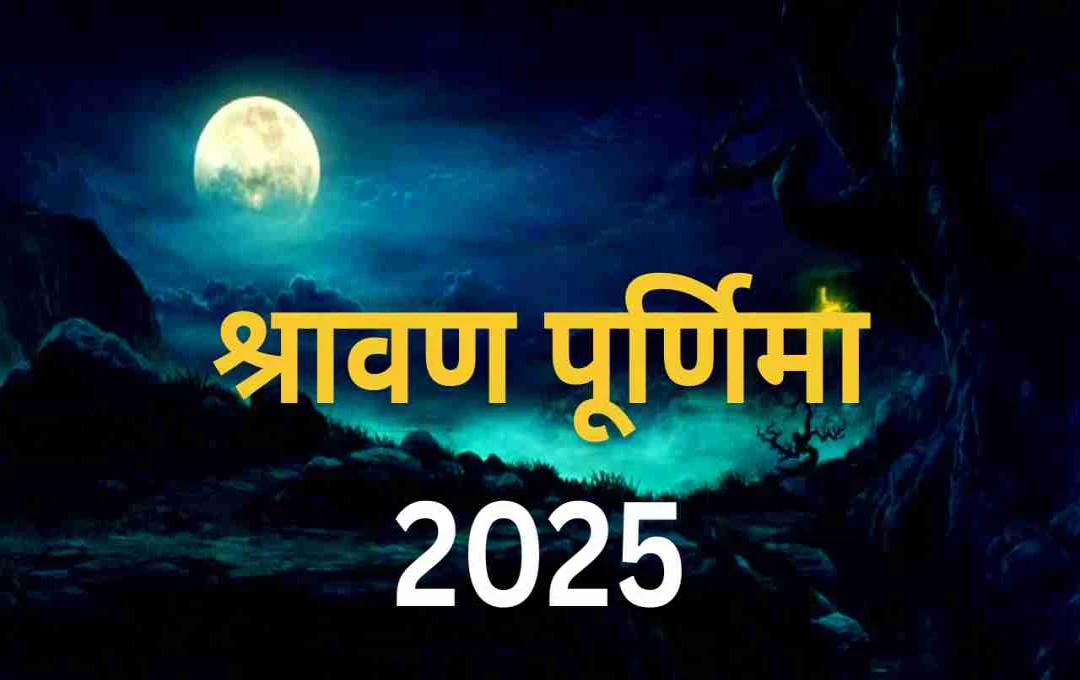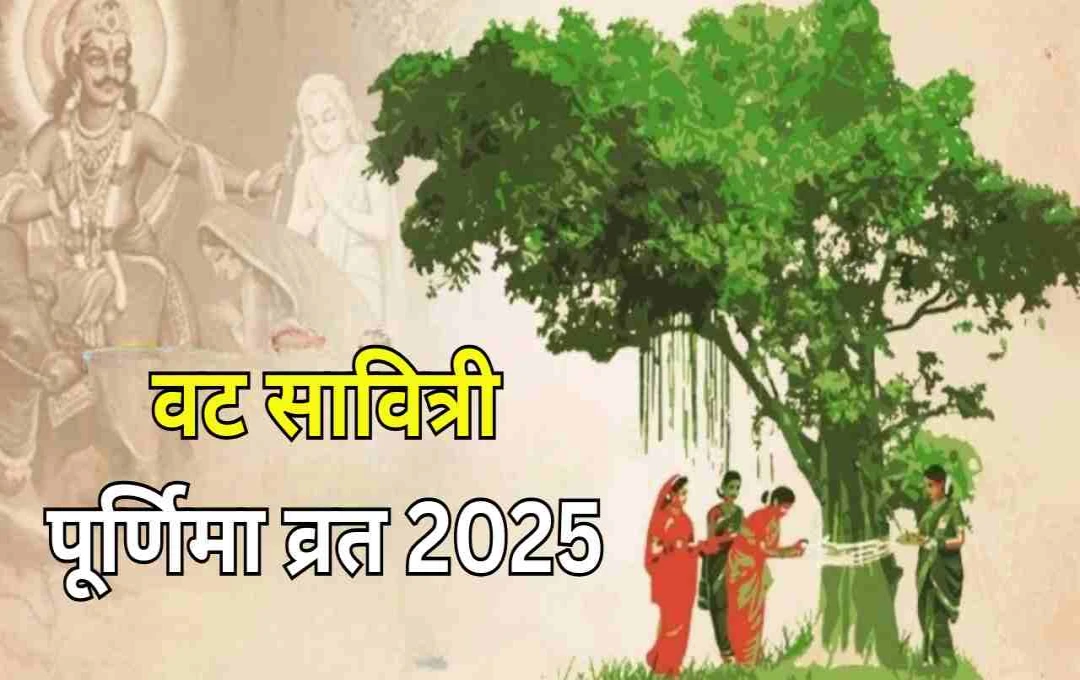Those who previously chanted 'Say No to War' are now mocking the ceasefire. Their opposition to Modi seems driven by situational expediency.
India-Pak Ceasefire: While India and Pakistan teetered on the brink of war, slogans like "Say No to War" and "De-escalate Now" resonated across social media and streets. However, upon the government's ceasefire announcement, the same individuals who championed peace now ridicule the truce.
This inconsistency suggests not merely fluctuating opinions, but a politically motivated strategy.
Is the Ceasefire Weakness or Wisdom?
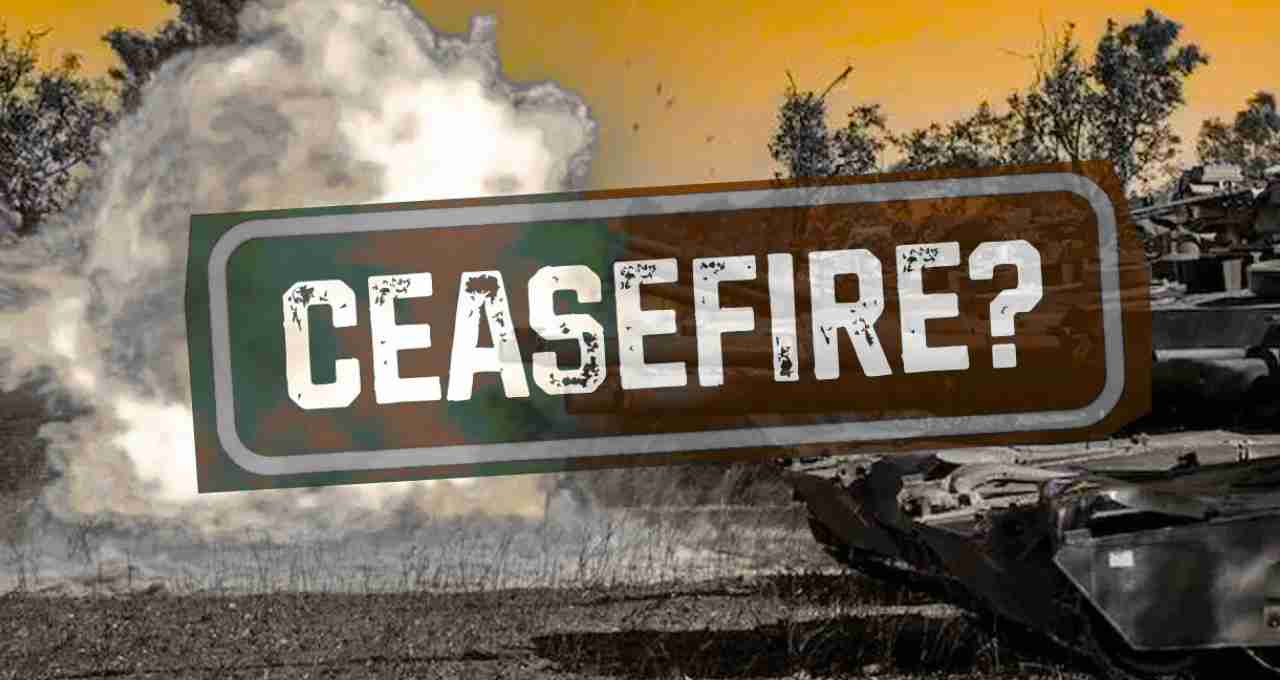
Some label the ceasefire as a government weakness. But is pursuing peace always a sign of weakness? Prime Minister Narendra Modi's decision aimed to avert unnecessary bloodshed and instability. Yet, the opposition's reaction indicates their priority lies not in problem-solving, but in unwavering dissent.
Modi's Actions and the Calculus of Opposition
Had PM Modi continued the conflict, this same group would have branded him a warmonger and an aggressive leader. Now, having opted for a ceasefire, this too is criticized. Clearly, the agenda of opposition is pre-determined; the reason is secondary.
Is the Demand for Peace Only Unilateral?
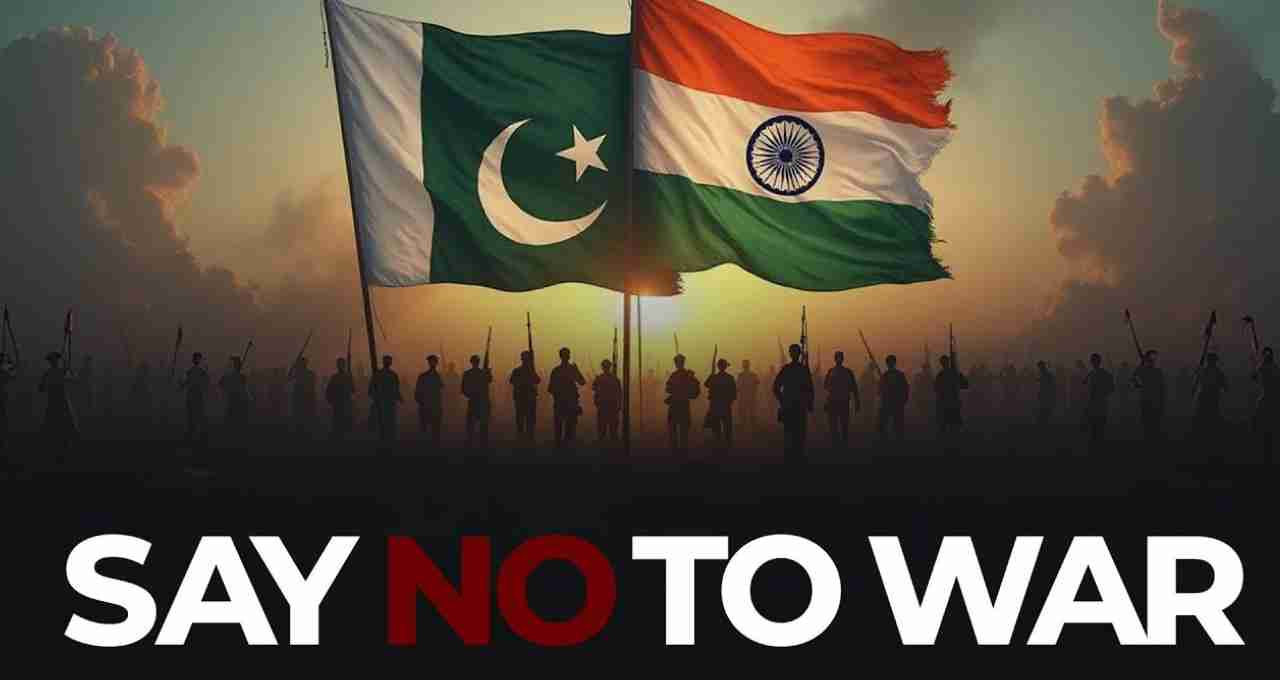
The "Say No to War" slogan shouldn't be situational. It demands a consistent philosophy applicable across contexts. The current selective application of peace rhetoric based on political expediency raises ethical concerns and exposes underlying agendas.
Global Examples and Contradictions
Western nations and media uniformly opposed the Russo-Ukrainian war, yet similar voices fell silent regarding Gaza, Yemen, and other conflict zones. This double standard suggests even anti-war sentiment is weighed on the scales of political expediency.
"Say No to War" embodies a serious philosophy embraced by leaders like Gandhi, Mandela, and King. Its instrumentalization for political gain diminishes its meaning. The demand for peace holds true only when applied consistently across all conflicts, nations, and circumstances.
